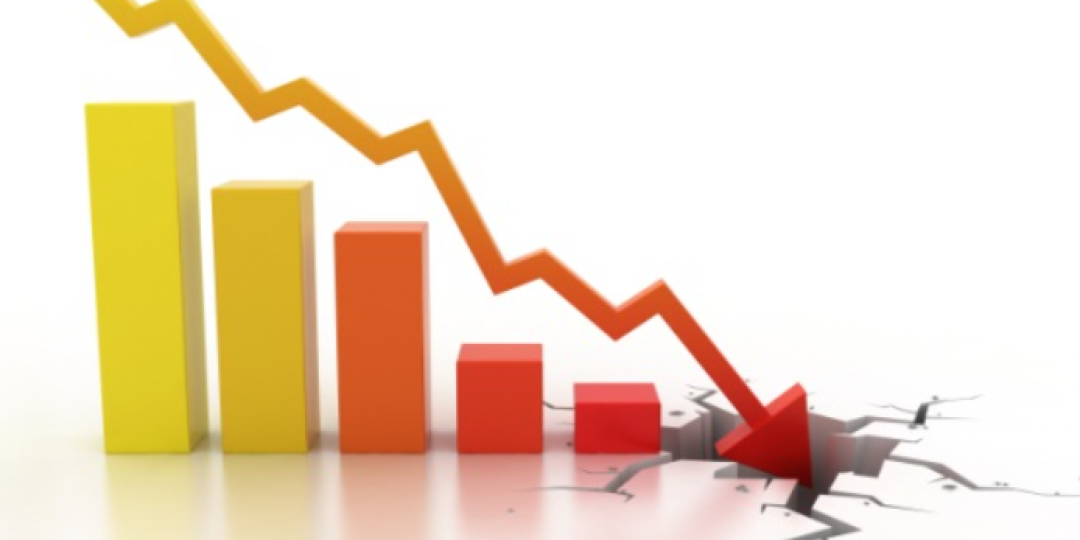South Africa is facing a major local fiscal risk as mining sector profits slump due to declining export commodity prices and poor logistics infrastructure, the Bureau for Economic Research has warned.
Anglo American Platinum (Amplats) and Kumba Iron Ore cautioned last week that profits for the six months to the end of June 2023 could decline by 75% and 22%, respectively, economists noted in the BER Weekly Review on Monday.
"Surging mining profits were the mainstay of a corporate income tax bonanza in 2021 and, to a lesser degree, also in 2022. The abrupt change in fortunes places a major downside risk on corporate, and overall, tax revenue in the current (2023/24) fiscal year," the economists said.
"This is an important reason why, for some time, we have cautioned that the (National) Treasury was set to vastly undershoot its February 2023 main budget deficit expectation (3.9% of GDP) for 2023/24. Compounding the negative impact on the economy, Kumba said the logistics issues, which saw the company cut back its iron ore export sales target, have seen it defer R2bn worth of capital expenditure."
The BER economists warned that these financial reports highlight that, along with the energy crisis, South Africa's railway and port woes are increasingly dragging on GDP growth.
"On the global front, the non-renewal of the Black Sea grain deal that enabled shipments from Ukraine despite the ongoing war with Russia pushed global grain prices higher over the week. If sustained, this will also impact local grain costs," the economists noted.
India's ban on the export of non-basmati white and broken rice could put upside pressure on already rising prices, as it is the world's largest rice exporter.
"Along with likely drier conditions in the grain-producing parts of SA in the upcoming summer months due to an expected El Niño weather system, there are clear upside risks to a relatively favourable outlook for SA food prices," the economists said.
"Our current baseline forecast for CPI food is for a sharp easing in the rate of the annual increase from more than 12% in 2023 Q2 to 4% in the same quarter next year."













